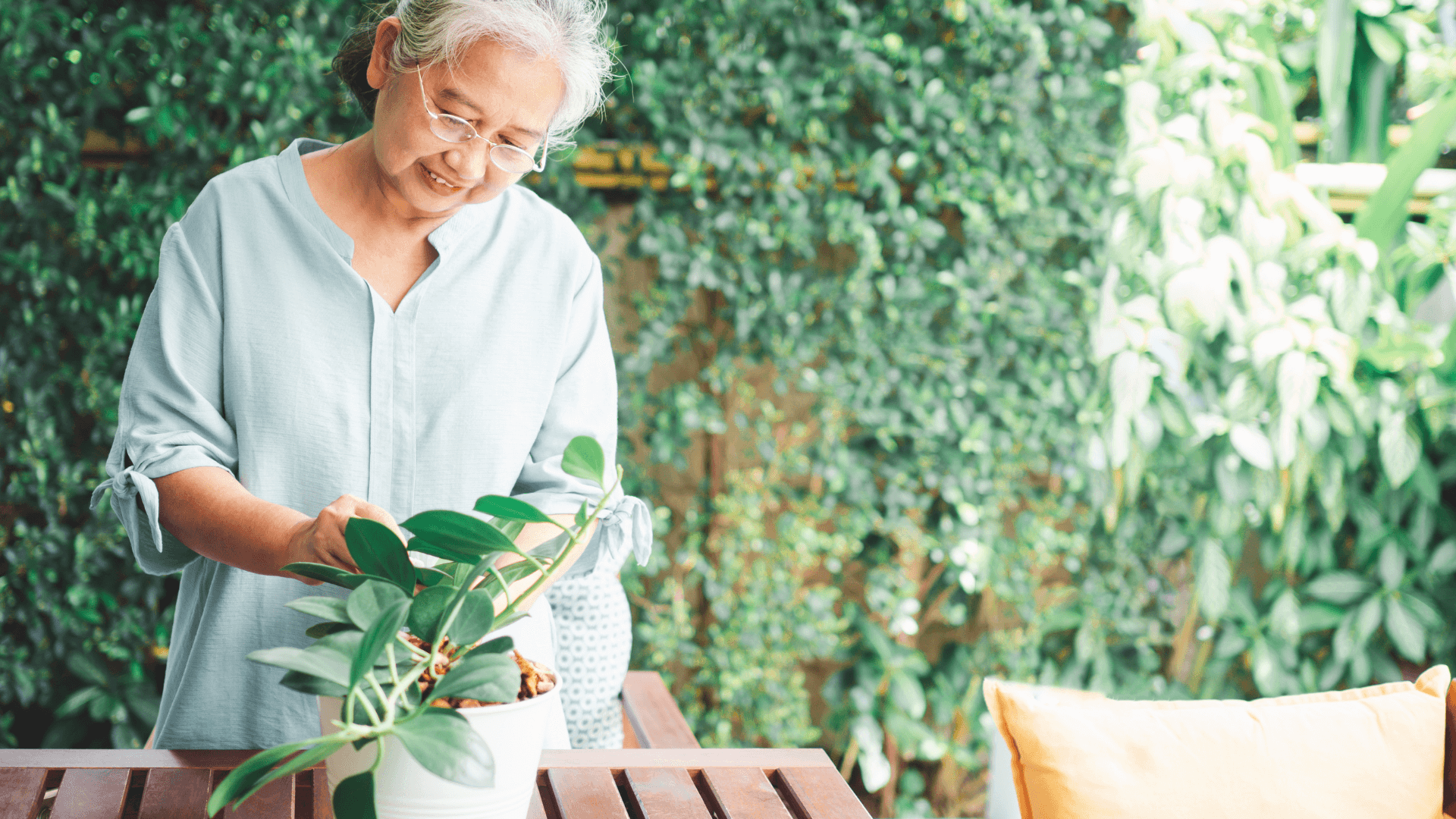Have you ever made a judgement about someone because of their age? Or perhaps you’ve felt misunderstood or left out because of your age?
Ageism is defined as negative stereotypes, prejudices, and discrimination against someone based on their age.
While ageism is one of the most common types of discrimination in Australia, the good news is it’s also one of the easiest to shift.
It contributes to older people’s vulnerability to elder abuse, with ageism being present in nearly half of reported elder abuse cases. Ageism can also impact older folks’ human rights and mental and physical wellbeing.
We review some examples of ageism, how it affects older adults, and how we can combat ageism to protect the seniors in our families and communities.
Examples of ageism
The World Health Organisation reports one in two people hold ageist views against older people.
So, what does ageism look like in our everyday lives?
Some examples of ageism are:
- Not including someone because of their age
- Treating someone differently because of their age
- Assuming how much support an older person needs
- Denying someone an opportunity because of their age
- Deciding on behalf of an older person without consulting them
- Controlling an older person’s finances because they are “too old.”
Even well-intended words or gestures, such as speaking loudly or assisting someone without asking first, can come across as condescending or patronising.
A study by Human Rights Australia found through ageism-awareness training in workplaces, 90% of participants reconsidered the way they communicate with older people and 82% reconsidered their attitude towards ageing.
“Ageism is one of the most pervasive and tolerated forms of prejudice in Australia, but our research confirms my long-held belief that it’s also one of the easiest to shift.”
-The Hon Dr Kay Patterson AO, Former Age Discrimination Commissioner of Australia
It’s critical to reflect on and reconsider our own views of older people and ageing.
How ageism affects older adults
As with any form of discrimination, ageism can have devastating effects on older adults. Ageism is associated with:
- Declining mental health, especially depression
- Exclusion, leading to social isolation and loneliness
- Divide between generations, even within our own families
- Barriers and obstacles, making resources and opportunities harder to access.
Ageism can create barriers to opportunities for employment, volunteering, medical and legal services, housing, digital inclusion, and community participation.
Learning about ageism is a great first step towards positive change. You can learn more about ageism in Australia on the Every Age Counts website.
How we can combat ageism against older people
Together, we can combat ageism against older people so they can live longer, happier lives. You can:
- Have respectful conversations
- Ask questions instead of assuming
- Get to know the older people in your life
- Discard ageist prejudices and stereotypes
- Be inclusive of the older folks in your communities
- Provide ageism awareness training in the workplace
- Keep in mind every older person was once your age.
If you or an older person you know is experiencing any form of abuse, our experienced counsellors are here to help. We can help you explore your concerns and possible solutions in a safe and supportive environment.
You can learn more about our Elder Abuse Prevention and Support Service here or by calling 1300 063 232.









